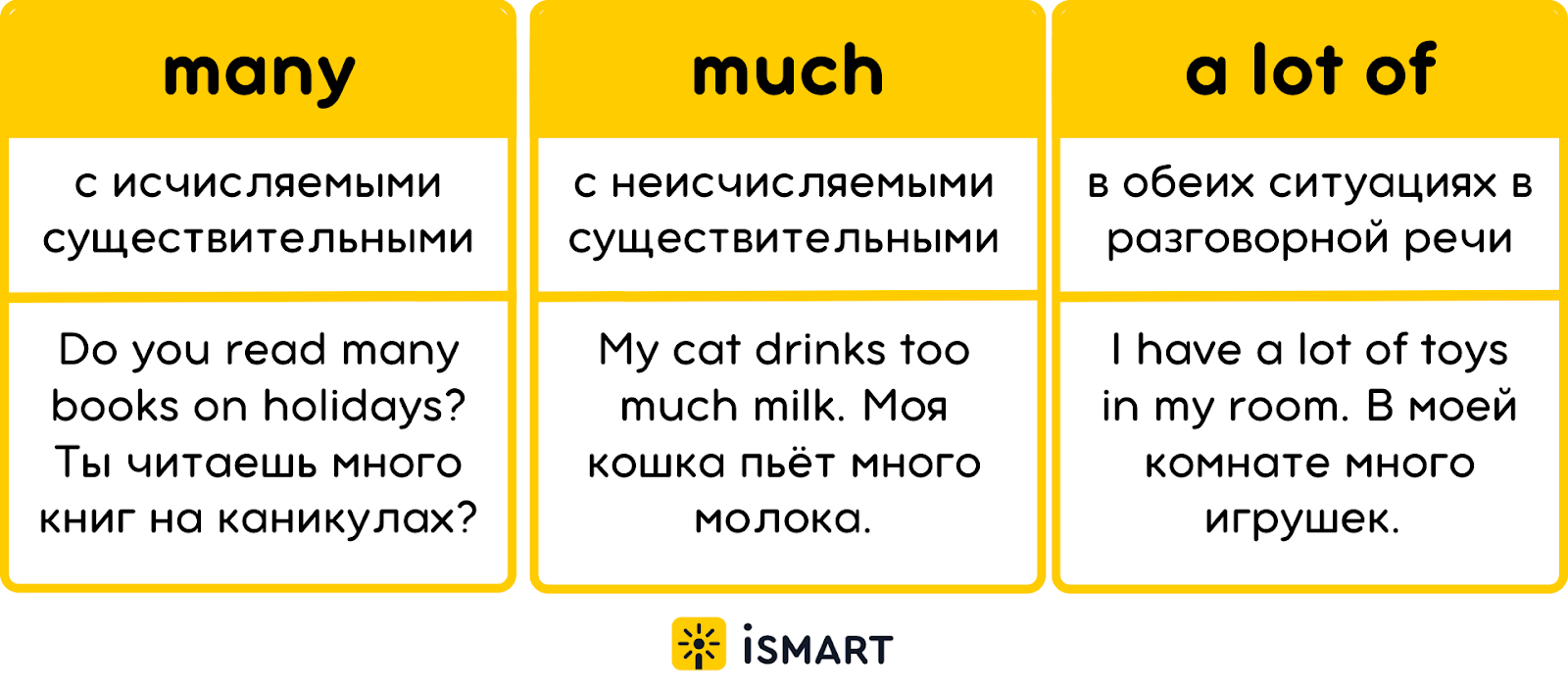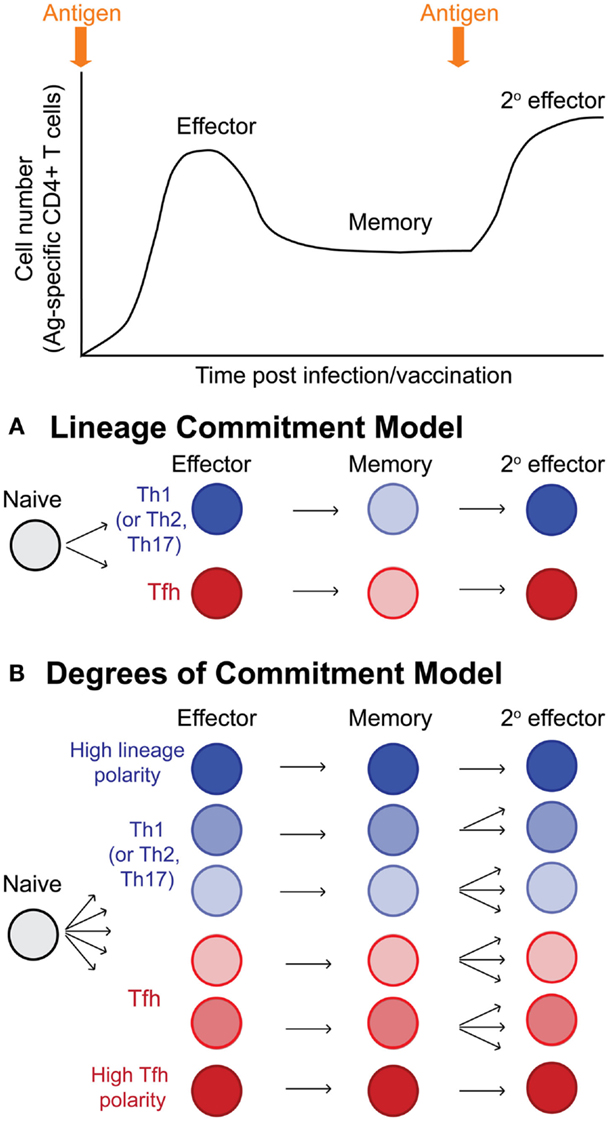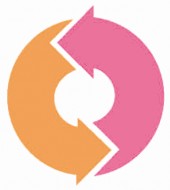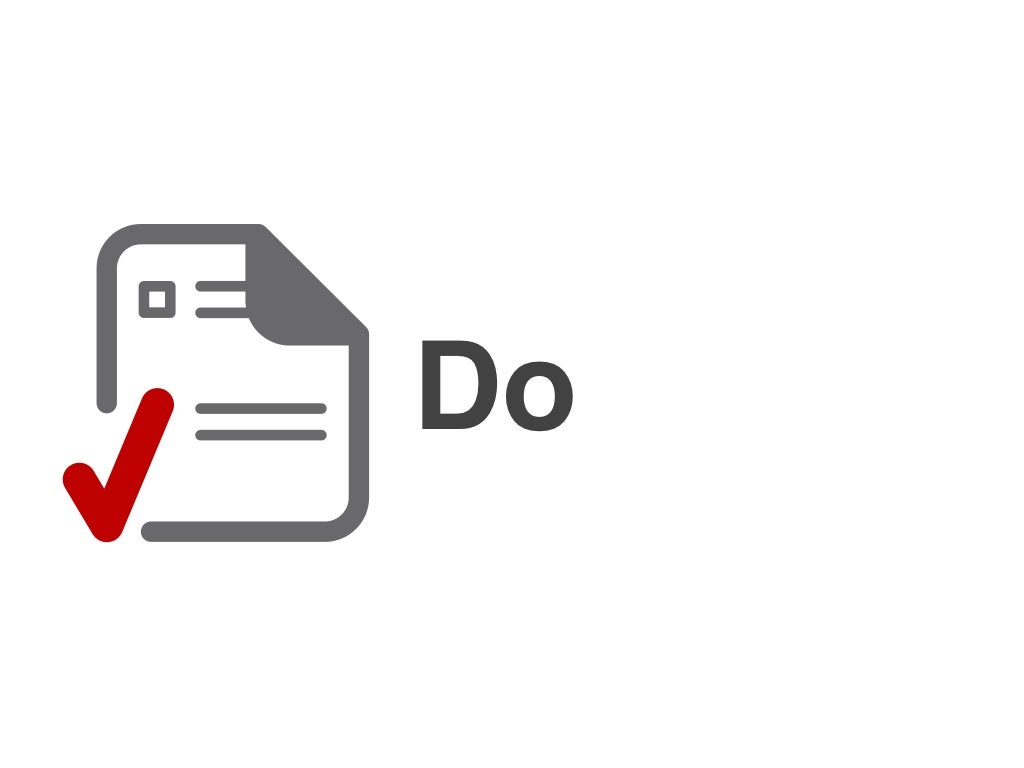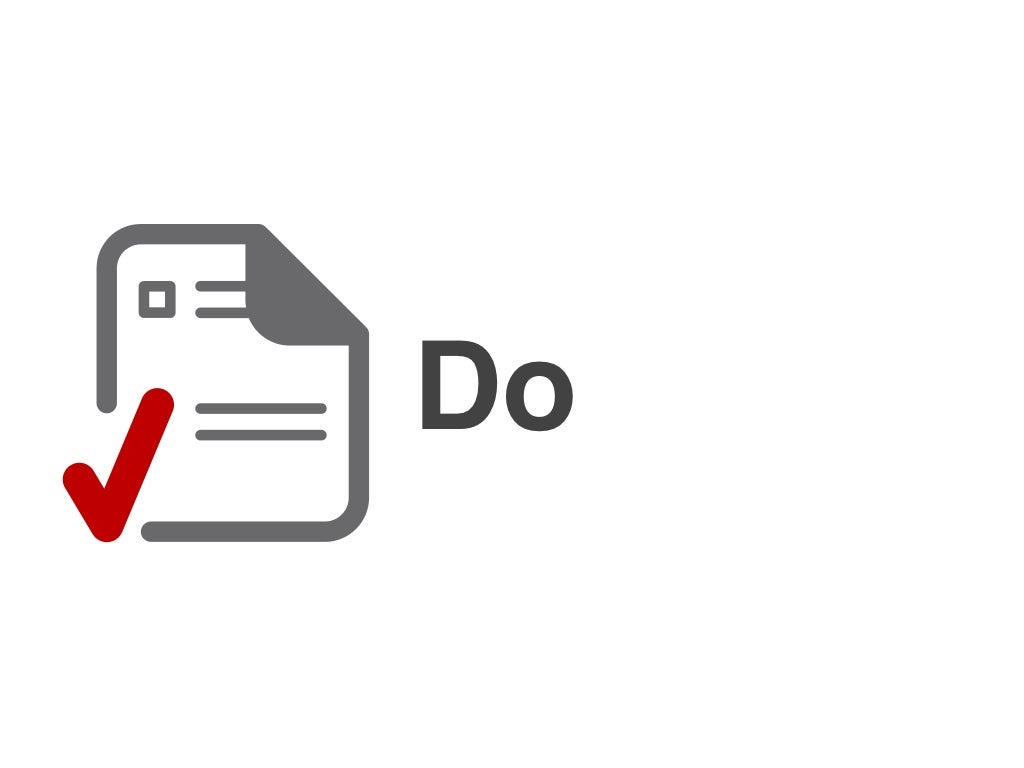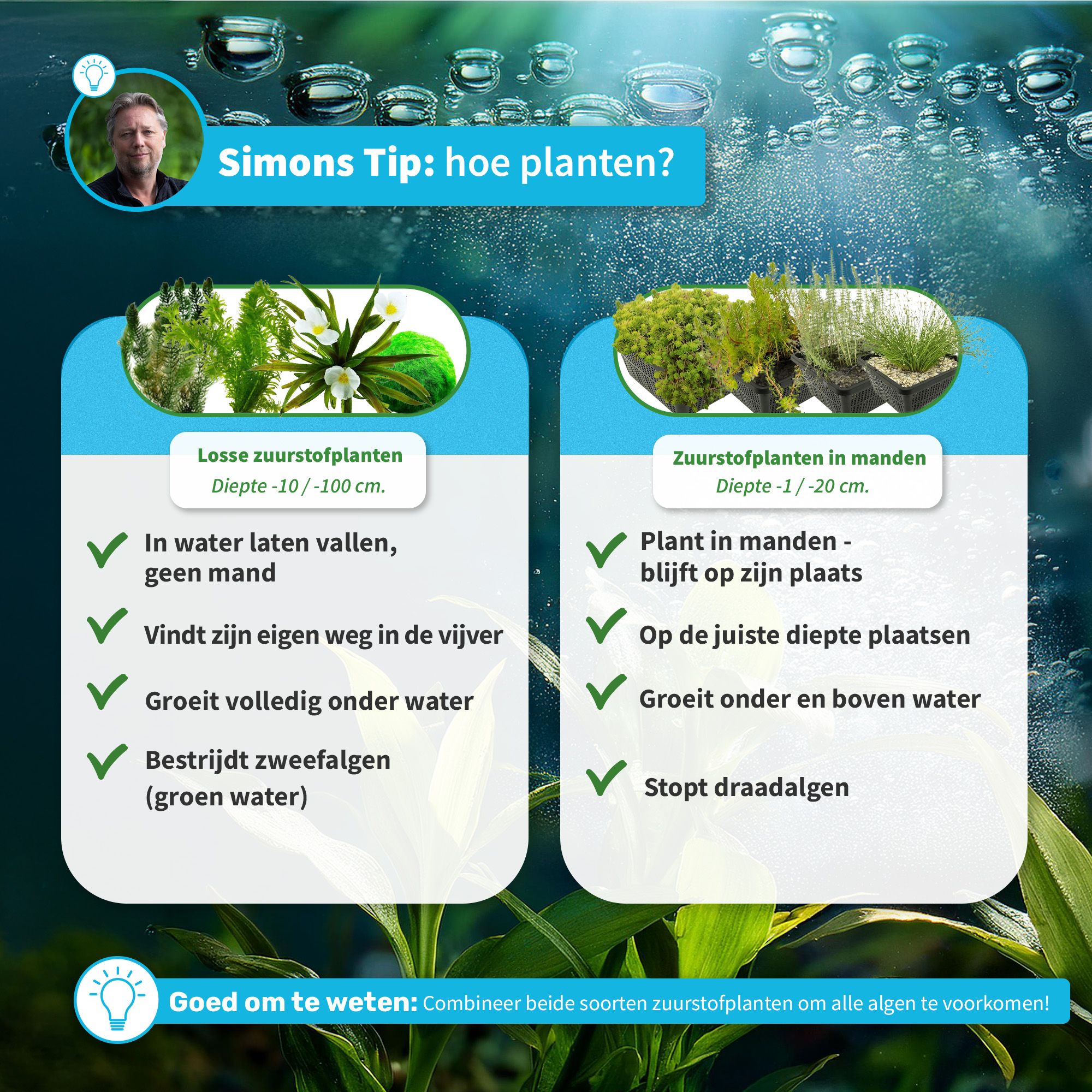SDC in Education: Understanding Special Day Classes in Special Education
What does SDC stand for in education?
In the educational system, SDC stand for special day class. These are specialized classroom settings design to provide intensive support for students with disabilities or special educational needs that can not be adequately address in general education classrooms. Special day classes represent an important component of the continuum of services available to students who qualify for special education.
Special day classes operate within public schools but differ from traditional classrooms in several key ways. They typically feature:
- Smaller class sizes
- Higher staff to student ratios
- Specialized curriculum adaptations
- Targeted instructional strategies
- Enhanced behavioral supports
The role of SDC in special education
Special day classes serve as a crucial educational placement option within the broader framework of special education services. They bridge the gap between full inclusion in general education and more restrictive environments such as separate schools or residential facilities.
The primary purpose of SDS is to provide appropriate educational experiences for students whose learning needs rto requiremore intensive support than can be middling provide in general education settings, eventide with supplementary aids and services. These classes allow for specialized instruction tailor to address specific learning challenges while static maintain connection to the broader school community.
Types of special day classes
Special day classes are not one size fit all environments. They vary base on the specific needs they address:
Mild to moderate SDS
These classrooms serve students with learn disabilities, mild intellectual disabilities, high function autism, or emotional / behavioral challenges. The curriculum oftentimes align with grade level standards but is modified in pace, depth, or presentation to accommodate learning differences.
Moderate to severe SDS
These settings support students with more significant cognitive disabilities, multiple disabilities, or severe autism. The focus typically shifts toward functional academics, life skills, communication development, and community base instruction.
Specialized focus SDS
Some special day classes target specific disability categories or needs:
- Autism specific SDS: Environments structure to address the unique learning and sensory needs of students with autism spectrum disorders
- Emotional / behavioral SDS: Classrooms with enhanced behavioral support systems and therapeutic components
- Deaf / hard of hear SDS: Settings with specialized communication approaches and accommodations
- Medically fragile SDS: Classrooms equip to support students with significant health needs
Who qualifies for special day classes?
Placement in a special day class is not a unilateral decision make by schools or parents exclusively. It results from a comprehensive evaluation process and collaborativedecision-makingg involve multiple stakeholders.
The eligibility process
Students become eligible for SDC placement through the follow steps:
- Initial evaluation: Comprehensive assessment across multiple domains (academic, cognitive, social emotional, etc. )
- Eligibility determination: Verification that the student meet criteria for one or more disability categories under idea (individuals with disabilities education act )
- IEP development: Creation of an individualized education program outlining goals, services, and accommodations
- Placement decision: Determination that the student require the level of support provide in a sSDCto make meaningful educational progress
The decision to place a student in a sSDCmust adhere to the principle of least restrictive environment ((rare)which stipulate that students with disabilities should be be educatedongside nonon-disabledeers to the maximum extent appropriate. SdSDClacement occur when the nature or severity of the disability is such that education in general classes can not be acachievedatisfactorily, eventide with supplementary aids and services.
Curriculum and instruction in special day classes
The instructional approach in special day classes balance access to grade level content with individualized adaptations that address specific learning needs.
Curriculum frameworks
Special day classes typically utilize one of these curricular approaches:
- Modified general education curriculum: Grade level standards with adjustments in scope, sequence, or complexity
- Alternate curriculum: Modify standards focus on essential concepts and functional applications
- Functional curriculum: Emphasis on life skills, community participation, and vocational readiness
- Hybrid approaches: Combinations of academic and functional components base on individual student need
Instructional strategies
Effective SDC teachers employ a range of evidence base practices:
- Direct, explicit instruction with frequent opportunities for practice and feedback
- Multisensory teaching approaches engage multiple learning pathways
- Task analysis break complex skills into manageable components
- Visual supports and organizational aids
- Assistive technology and adaptive materials
- Positive behavioral supports and structured routines
- Data drive instruction with regular progress monitor
Assessment approaches
Students in special day classes participate in assessment through:
- Curriculum base measurements track progress toward IEP goals
- Modify classroom assessments with appropriate accommodations
- Alternative assessments for students with significant cognitive disabilities
- Functional behavioral assessments when behavioral challenges are present
- State testing with designate supports or accommodations as specify in the IEP
Staffing and professional qualifications
The effectiveness of special day classes depend intemperately on the qualifications and expertise of the educational professionals who staff them.
SDC teachers
Teachers in special day classes must hold specialized credentials beyond those require for general education. These typically include:
- Special education teaching credential or license appropriate to the disability categories serve
- Education and training in evidence base practices for students with disabilities
- Knowledge of IEP development and implementation
- Skills in curriculum modification and differentiated instruction
- Expertise in positive behavioral support strategies
Paraprofessionals
Most special day classes include instructional assistants or paraprofessionals who work under the direction of the credentialed teacher. These team members:
- Provide additional instructional support to individuals or small groups
- Assist with classroom management and behavioral interventions
- Support students with personal care need when necessary
- Help implement accommodations and modifications
- Collect data on student performance and behavior
Related service providers
Students in SDS oftentimes receive support from specialists include:
- Speech language pathologists
- Occupational therapists
- Physical therapists
- School psychologists
- Behavior specialists
- Adaptive physical education teachers
Benefits and challenges of special day classes
Like any educational model, special day classes offer distinct advantages while present certain challenges that must be thoughtfully address.
Potential benefits
- Intensive support: Higher staff to student ratios allow for more individualized attention
- Specialized expertise: Teachers with advanced training in disability specific interventions
- Customized pacing: Instruction calibrate to student learn rates
- Target skill development: Focus on address specific skill deficits
- Emotional safety: Reduced social pressure and increase acceptance
- Structured environment: Consistent routines and expectations
- Peer connections: Opportunities to build relationships with students face similar challenges
Potential challenges
- Reduced inclusion: Less interaction with typically develop peers
- Possible stigmatization: Risk of labeling or social separation
- Lower expectations: Potential for reducing academic rigor in some settings
- Limited models: Fewer opportunities to observe typical social and academic behaviors
- Transition challenge: Potential difficulties when move to less restrictive environments
Inclusion opportunities and mainstreaming
While special day classes provide specialized instruction in a separate setting for part of the day, they should not operate in isolation from the broader school community.
Mainstream approaches
Most students in SDS participate in general education for portions of their school day done:
- Subject specific mainstreaming: Join general education for subjects of relative strength
- Reverse mainstreaming: General education students join SDC for certain activities
- Non-academic integration: Participation in lunch, recess, assemblies, and extracurricular activities
- Community base instruction: Learn functional skills in authentic environments
- Peer buddy programs: Structured interactions with general education students
Determine appropriate integration
Decisions about mainstream opportunities consider:
- Individual student strengths and challenges
- Potential benefits of participation in specific settings
- Necessary accommodations and supports for success
- Impact on both the student and the general education environment
- Social and emotional readiness for integrated experiences
The legal framework for special day classes
Special day classes operate within a comprehensive legal framework that guarantee educational rights for students with disabilities.

Source: special education journey.com
Key legislation
- Individuals with disabilities education act (idea ) Federal law ensure free appropriate public education for students with disabilities
- Section 504 of the rehabilitation act: Civil rights law prohibit discrimination base on disability
- Americans with disabilities act (aAda) Broader civil rights protection extend beyond educational settings
- State education codes: Additional regulations that may expand upon federal requirements
Legal principles govern SDS
- Free appropriate public education (fface) Rightfulness to educational services that meet individual needs
- Least restrictive environment (lare) Requirement to educate with non-disabled peers to the maximum extent appropriate
- Individualized education program (iIEP) Lawfully bind document specify services and placement
- Procedural safeguards: Protections ensure parent participation and due process
The future of special day classes
The landscape of special education continues to evolve, with implications for the role and structure of special day classes.

Source: special education journey.com
Current trends
- Movement toward inclusion: Grow emphasis on educate students with disabilities in general education settings
- Multi tiered systems of support: Implementation of schoolwide frameworks address academic and behavioral needs of all students
- Universal design for learning: Instructional approaches make curriculum accessible to diverse learners
- Co teaching models: Collaborative instruction by general and special educators in integrated settings
- Technology integration: Expand use of assistive and instructional technology
Evolve role of SDS
As educational practices change, special day classes are adapted in several ways:
- Become more fluid and flexible in structure
- Focus on intensive intervention with plan transitions to less restrictive settings
- Incorporate more technology and evidence base practices
- Strengthen connections with general education programs
- Emphasize preparation for post secondary transitions
Conclusion
Special day classes represent an important educational option within the continuum of special education services. When implement thoughtfully, they provide intensive, specialized instruction that help students with disabilities develop the skills need for academic success, social integration, and future independence.
The near effective SDC programs balance specialized support with meaningful inclusion opportunities, maintain high expectations while accommodate individual needs, and focus on both immediate learn goals and long term outcomes. Through ongoing collaboration between educators, families, and students themselves, special day classes can serve as powerful environments for growth, learning, and preparation for life beyond school.
MORE FROM grabscholarships.de

